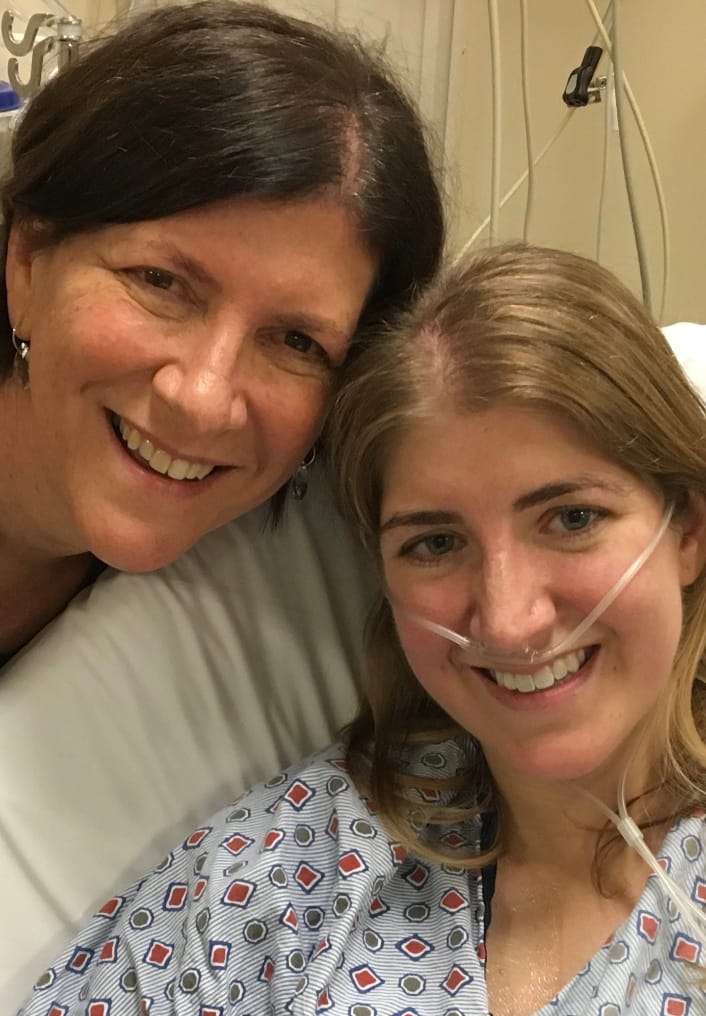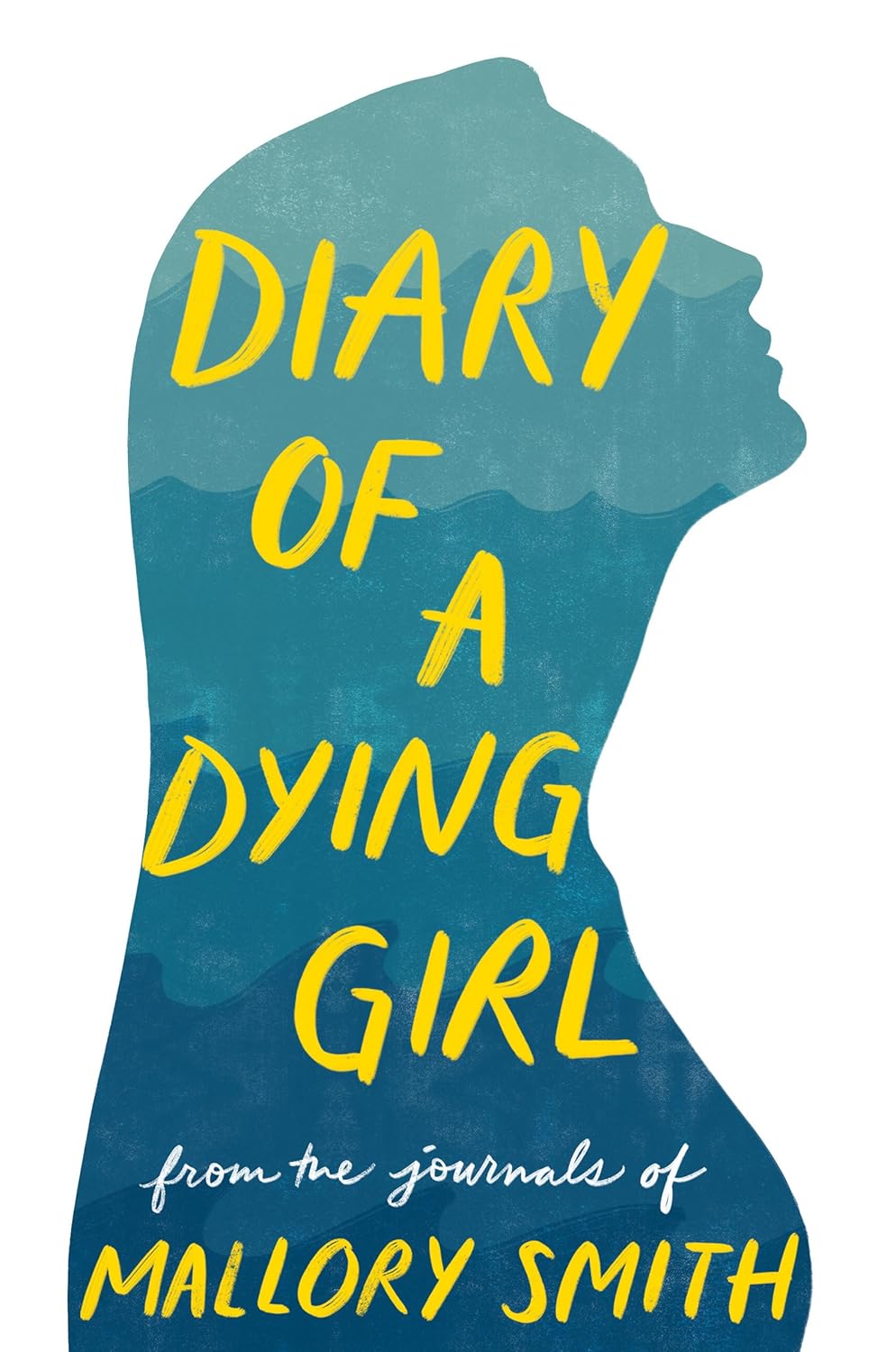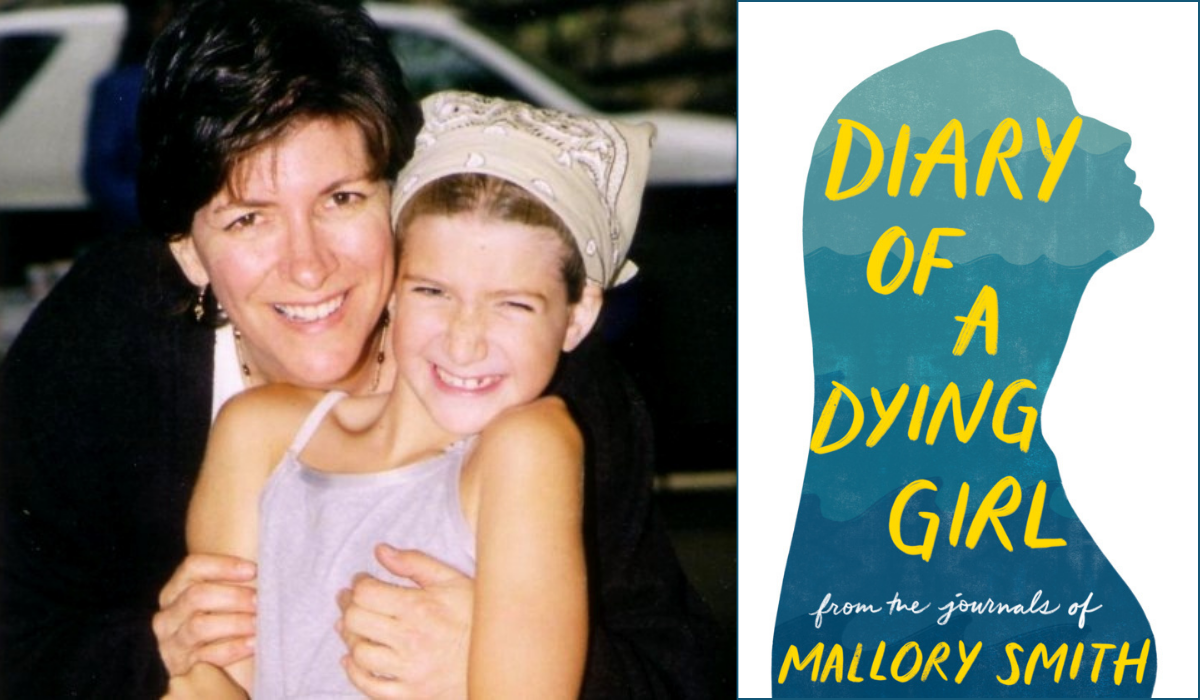My Daughter Died and Left Me Her Diary. This is What She Wanted All of Us to Know
It was just a few days after her daughter, Mallory, passed away that Diane Shader Smith opened Mallory’s laptop. Knowing the end of her life might be near, Mallory had given her mom the password to that computer and told her if she found anything that could help other people, her mom should share it.
What Diane discovered was 2,500 pages of beautiful, heartbreaking journal entries that gave her a glimpse into her daughter’s life unlike anything she’d ever seen before. It was like a balm for her grieving heart.
Yet as she read her daughter’s journal—the many diary entries about slowly dying of cystic fibrosis and battling its common sidekick, antibiotic-resistant bacteria—Diane knew she had to share it with others. That’s because Mallory didn’t just write about disease; she wrote about the human spirit and what it means to truly live.
In Diary of a Dying Girl, all of us get a glimpse into Mallory’s quest to live life to the fullest, even as she was dying. The Sunday Paper sat down with Diane Shader Smith to learn more about her daughter, why she felt passionate about publishing her diary, and the advocacy work her daughter’s health battle inspired her to start doing.
A CONVERSATION WITH DIANE SHADER SMITH
Can you take me into the moment you found thousands of pages of Mallory’s reflections?
It was heartbreaking, because I thought I knew everything about Mallory. I expected to see a chronicle of her life. But what I found is that she’d recorded very deeply personal emotions and feelings that she hadn’t shared, so much of it was a big surprise to me.
Mallory was diagnosed with cystic fibrosis when she was 3 years old, and that disease creates a situation that is prime for an antibiotic-resistant bacteria to grow. What is antimicrobial resistance?
Antimicrobial resistance (AMR) is a crisis, and it’s a silent killer. It was responsible for almost 5 million deaths worldwide in 2019. And the World Health Organization says by 2050, 10 million people per year will die from untreated or resistant bacterial infections if we don’t do something.
The number of people that will deal with resistant bacteria is so exponentially huge that it’s unfathomable to me. The fact that Mallory’s writing addresses this issue so deeply —the physical, emotional, and mental health aspects of it—drives me every day.
What it was like to hear that Mallory had a drug-resistant infection?
I’ll never forget exactly what the doctor said, which is that the drug-resistant infection was going to change the trajectory of Mallory’s life. That was the moment I thought, “Okay, my daughter has an expiration date.” I was hysterical to say the least.
Mallory was extraordinary. She was my person. We were joined at the hip at everything we did. So it became very, very difficult to live with that looming information, and it’s part of why I developed the mantra and adopted the philosophy of “No pity party” and Mallory went on to adopt her own mantra, which was “Live happy.” Because you have no choice but to either crumble under such news or to rise up.

Mallory’s death due to AMR inspired you to become an activist. Why?
I knew that Mallory offered an eye-opening exploration of a public health crisis told in the voice of a young adult. I knew it could be a tool to raise this issue among audiences of all ages, because we have to pay attention to antibiotic stewardship. I knew we could all learn from her.
Resistant bacteria became the cause that I turned all of my energy, the profits, the speeches, the advocacy work I do, the op eds I write—everything I do is around creating awareness for antimicrobial resistance.
If there is one thing you want people to take away from the book about what they can do to try to help make a dent in the problem of AMR, what would that be?
The most important thing is to understand what the problem is. Because it’s complicated.
If you have an infection and you don’t take an antibiotic and it’s needed, you can die from it. There are times you need to take an antibiotic, but there are times you don’t. More of us need to understand antibiotic stewardship.
There’s a larger issue that I raise awareness for that I’d also love to talk about, which is what I call the alphabet soup of acronyms. The World Health Organization has been using the term AMR for antimicrobial resistance. The CDC has been using the term AR for antibiotic resistance. The doctors code for DRI for drug resistant infections. And if you look up an article in a medical journal, it’ll talk about MDR, which stands for multiple drug resistance. We need one singular name. We’re getting there, but we have more work to do.
What have readers shared with you about how her book has moved them and changed their lives?
Every day I get thousands of testimonials—emails, texts, LinkedIn posts, Facebook messages—from people all over the world who write to me and say, “Your daughter’s book helped me through my hip replacement,” or “I had to deal with the death of my daughter and when I see Mallory’s words, I imagine my daughter saying those things and it gives me comfort.” I hear people saying, “I’ve been inspired to go into medicine and be a doctor after reading Mallory’s writings.”
What have you learned about living more fully from Mallory?
You will never hear me complain. Mallory dealt with so much and was so brave. And during times when she was at her weakest, she continued to write her story—her truth. And she put one foot in front of the other every day. So when I am ever deterred or start thinking, “This is hard,” I think about Mallory and I keep going.
Mallory isn’t here to speak about all the issues she wrote about and stood for. That’s why I keep going—because she would be here doing this.

Mallory Smith was a freelance writer and editor specializing in environmental, social justice, and healthcare-related communications. She graduated Phi Beta Kappa from Stanford University and worked as a senior producer at Green Grid Radio, an environmental storytelling radio show and podcast. Her radio work has been featured on KCRW, National Radio Project, and State of the Human. She died at the age of twenty-five on November 15, 2017, two months after receiving a double lung transplant.
Please note that we may receive affiliate commissions from the sales of linked products.



